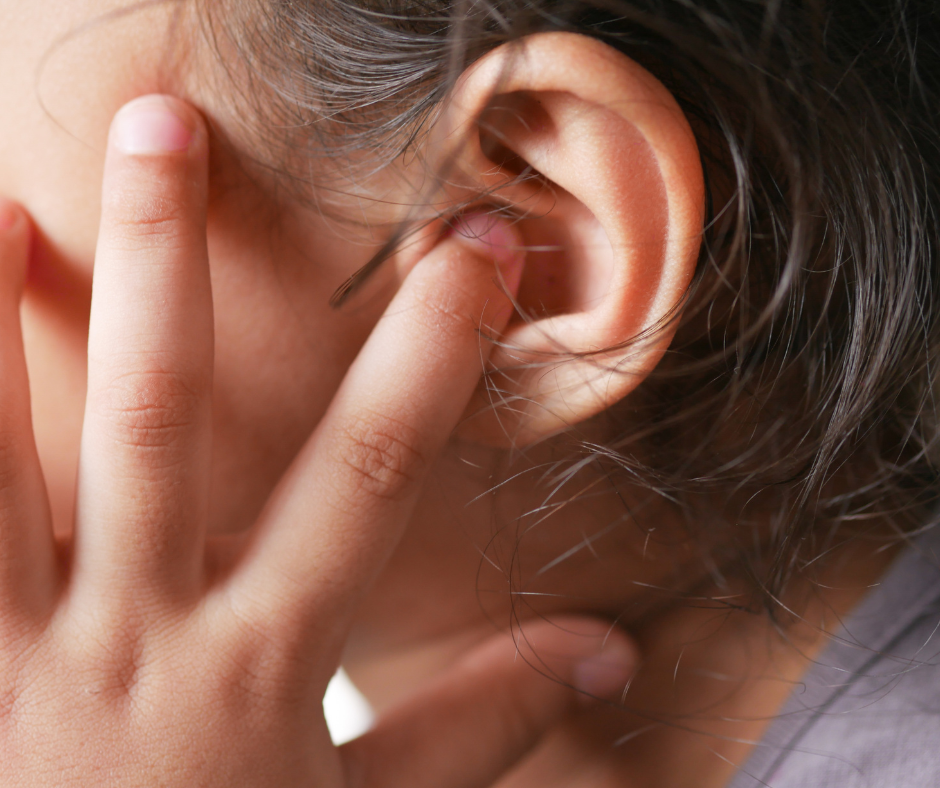Identifying and Treating Ear Infections

Ear infections may seem like one of the most common grievances of the early childhood years. That’s because nearly five out of every six children will experience an ear infection by the age of three (NIH.gov).
What causes an ear infection?
An ear infection happens when bacteria or viruses infect the small space behind the eardrum, known as the middle ear. This area is normally filled with air and contains three tiny bones that help us hear. This area can easily become infected during a common cold and can cause earaches, fever, and difficulty hearing.
While most ear infections go away on their own, some require medication such as antibiotics to treat the infection.
Why are children more prone to ear infections than adults?
Since children are still growing, their immune systems are still developing which makes fighting off infection more difficult. Additionally, their ears are smaller and present an environment that is more susceptible to bacteria. Most notably, the eustachian tube, which connects a child’s middle ear to the back of their throat, is shorter, narrower and more horizontal than an adult’s. This makes it harder for fluid to drain out of the ear, which can lead to fluid buildup and bacterial growth.
Identifying an Ear Infection
If your child has an ear infection, they will likely display the following symptoms:
- Ear Pain: may be constant or come and go. Watch for tugging or pulling on the ears in young children. It is also common to be worse at night.
- Fever
- Trouble Hearing: your child may complain that their ears feel stopped up
- Drainage from the ear
- Headache
Treatment
Around 80% of childhood ear infections clear up on their own without medication (AAP.org). Over-the-counter pain medication may be given to reduce fever and help ease discomfort. In more serious cases, your pediatrician may prescribe antibiotics, especially if the symptoms have gone on for several days. We diagnose ear infections during an in-office “sick” visit.
For questions or any other concerns, Augusta Pediatrics can be reached at (706) 868-0389. The information on this site is not intended or implied to be a substitute for professional medical advice, diagnosis or treatment. All content, including text, graphics, images and information, contained on or available through this web site is for general information purposes only.

Leave a Reply